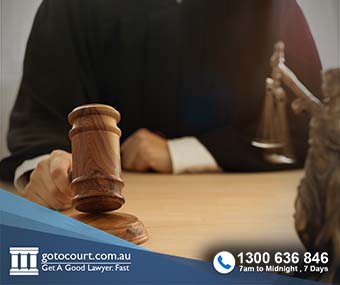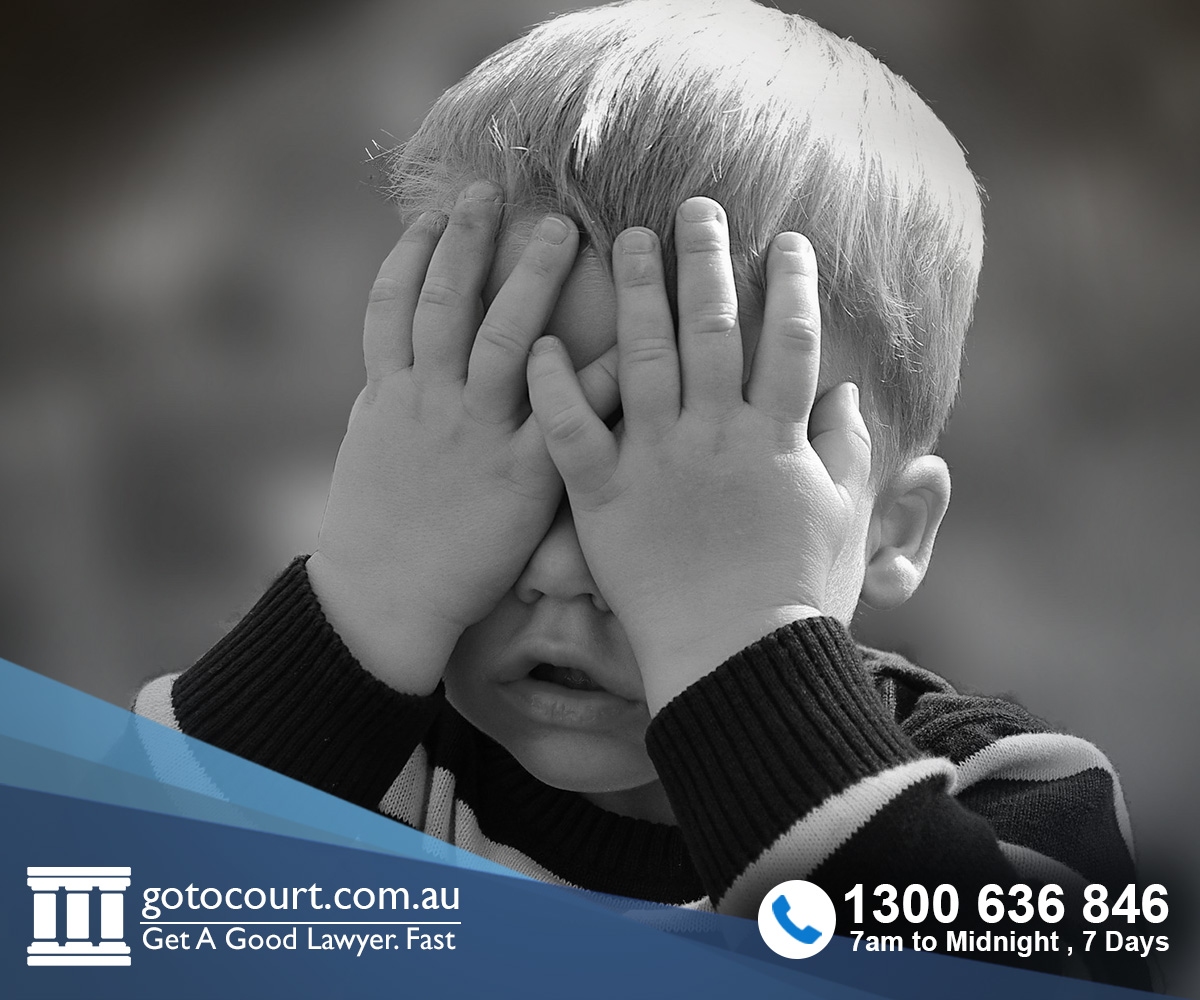Criminal Law Defences in Victoria
When a person is charged with a criminal offence, the police need to prove to the court beyond a reasonable doubt that they are guilty. A person can defend a criminal charge by relying of a factual defence – such as an alibi or identification – or by relying on a legal defence. This article outlines the legal defences that are available in Victoria.
Legislation or common law?
The defence that are available for commonwealth offences are set out in the Criminal Code 1995. Some defences that are available for Victorian offences are set out in an act, while others are part of the common law. Common law defences are those that they are described in decisions made by the courts in past cases.
Limitation periods
There are time limits for the police to lay many charges and if a charge is not laid within that specified time period then it is statute barred. If a person is charged with an offence after the limitation period for laying the charge has passed, they have a complete defence to the charge.
The time limit can be as short as one year depending on the charge.
Self-defence
The defence of self-defence applied when a person is charged with an offence involving the use of force in relation to an incident where they believed on reasonable grounds that it was necessary to do what they did to defend themselves, another person or property.
The defence of self-defence will succeed if the accused’s belief that their actions were necessary in self-defence was there at the time that they did the act and was based on reasonable grounds. It doesn’t matter if the accused was mistaken in their belief. However, in order for self-defence to succeed, the level of force used in self-defence must have been proportionate to the perceived threat.
Self-defence cannot be relied on in response to lawful conduct (such as a lawful arrest) unless the accused didn’t know that the other person was acting lawfully.
Duress
The defence of duress can be relied on where the accused was essentially ‘forced’ to do the acts making up the offence by another person.
Duress exists where a threat of serious harm is made to the accused or or to someone they are responsible for and the conduct making up the offence was the only way that the harm could be avoided.
The defence of duress doesn’t apply if the threat is made by or on behalf of a person that the accused is voluntarily associating with to carry out some other violent conduct. The defence only applies in the case of murder if the threat is to kill or to cause a really serious injury.
Sudden or extraordinary emergency
The defence of sudden or extraordinary emergency applies where the accused’s conduct was the only reasonable way to deal with an emergency situation. Example of where this defence may be advanced include driving while disqualified in order to get a seriously injured person to hospital or breaking a window to rescue someone from a burning building.
This defence only applies in the case of murder if the accused believed that the emergency involves a risk of death or really serious injury.
Mental impairment
The defence of mental impairment may apply if an accused was suffering from a mental impairment at the time of an offence. To be mentally impaired a person must have been suffering from some real form of mental disease, disorder or disturbance that had the effect that they either did not know what they were doing or did not know that it was wrong.
This defence must be proved on the balance of probabilities – that is, that it is more likely to be true than not.
Mental impairment may be transitory (passing) or permanent and may be capable of treatment or not.
Claim of right
The defence of claim of right applies to offences regarding property. It can be used if the accused had an honestly held belief about their ownership or entitlement to the property. It must be a legal right to the property, not just a moral right. If you raise this defence it is up to you to prove it.
Honest and reasonable mistake
The defence of honest and reasonable mistake of fact can only be used for offences that rely on strict liability. These are cases where the prosecution does not have to prove that the accused intended something to happen, only that it did happen.
Honest and reasonable mistake is a defence if, at the time of an offence, the accused was mistaken about or unaware of certain facts and, if the facts were as they thought they had been, they would not have been guilty of the offence.
This defence does not apply if a person is mistaken about the law.
Intoxication
Intoxication in Victoria is covered both by the Crimes Act 1958 and the common law.
Intoxication by itself is not a defence to a criminal charge but intoxication can have an impact on whether the required mental element is present for an offences where a mental element must be proved. A person’s intoxication can affect whether they can be proven to have intended to commit the crime and/or its consequences.
If you require legal advice or representation in any legal matter, please contact Go To Court Lawyers.






